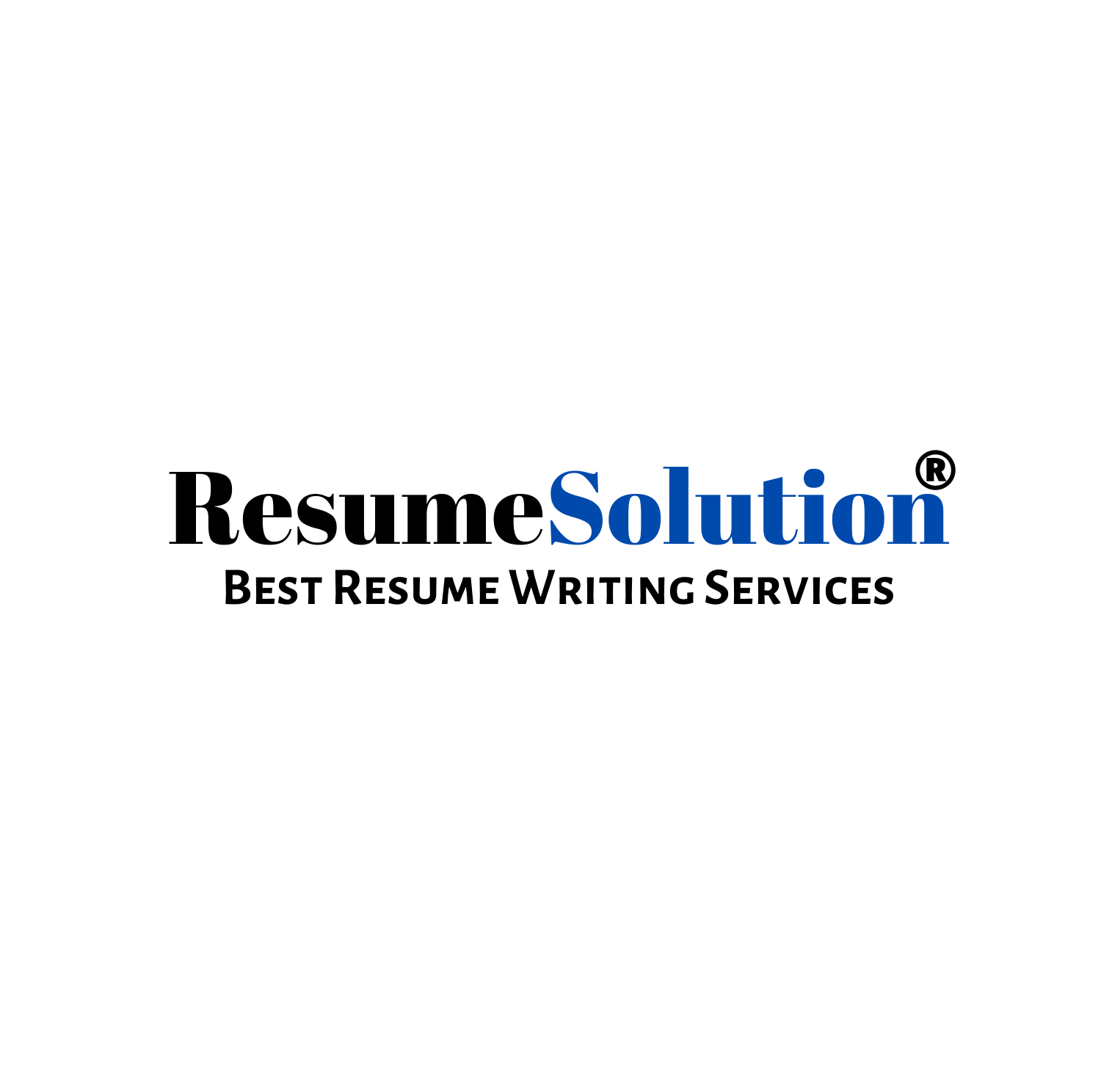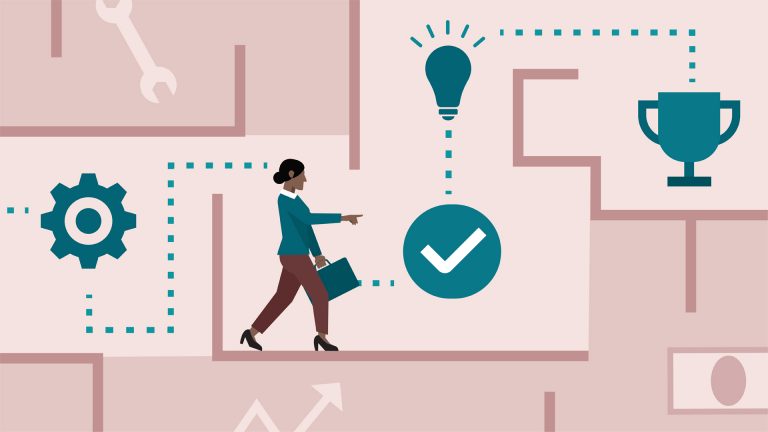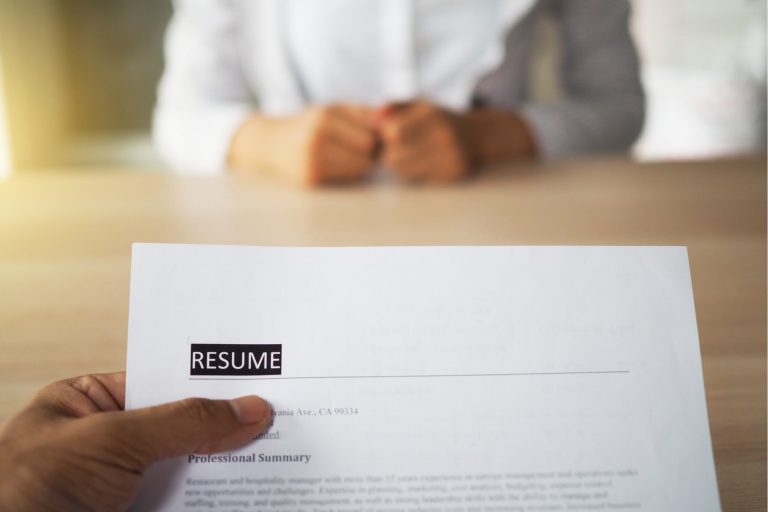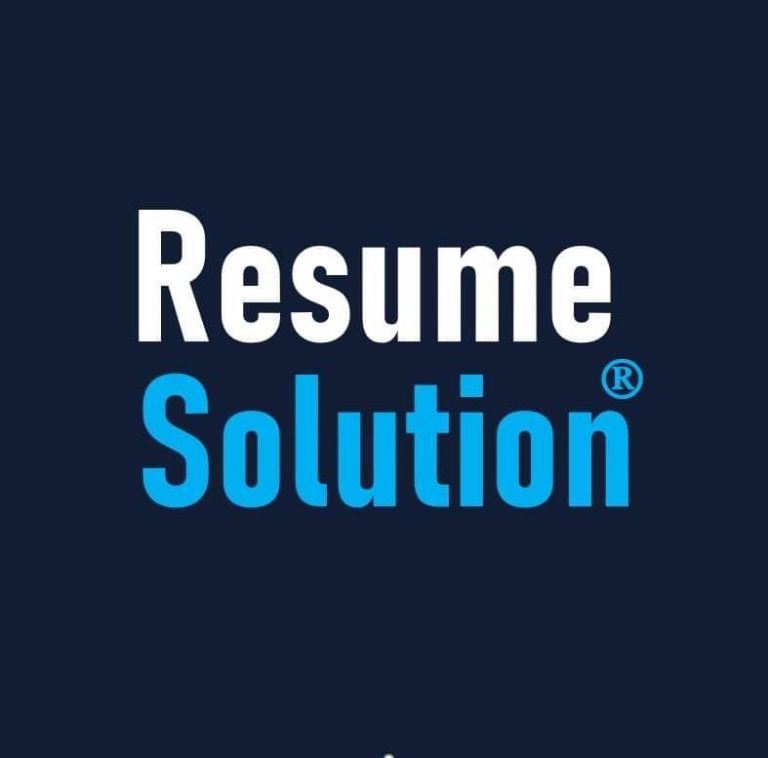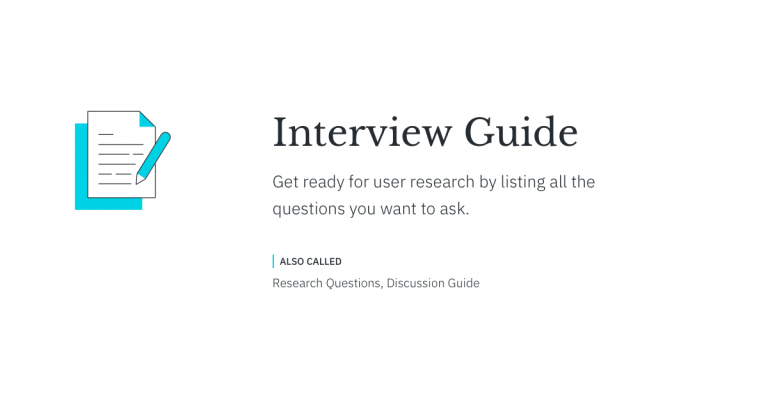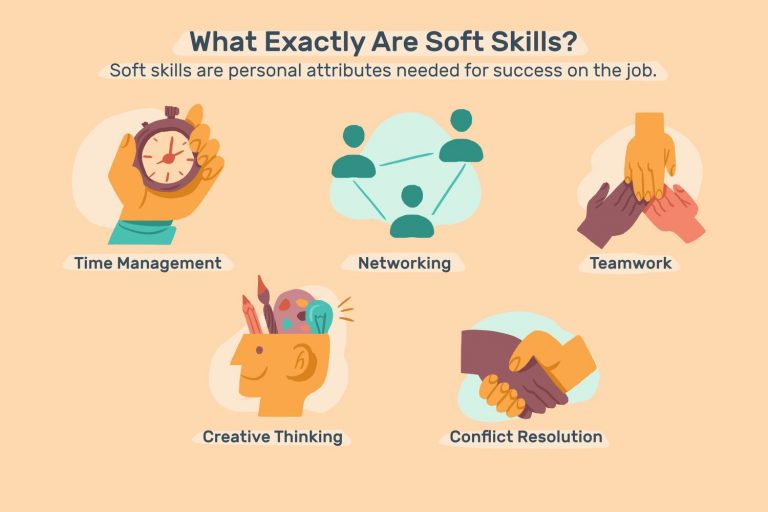The best interview tips to help you get hired!
The most intelligent and qualified job candidates should prepare for their interview. There are no second chances to make an amazing first impression; interview skills must be developed. By following these interview tips, you may learn how to respond to interview questions and persuade the hiring manager that you are the right candidate for the position.
Practice and planning
Your interviewer’s perception of you may be more important than your actual qualifications. Along with your experience and education, your composure, attitude, fundamental social skills, and communication abilities are assessed. You and the interviewer must have a conversation in which information and opinions are shared. You and your partner can only decide if you, the company, and the job are a good fit through such a conversation. The secret is to plan ahead. Answer them out loud or in front of a mirror to practice. Provide examples of your work that connect to the abilities the interviewer is looking for, while highlighting:
- Strong points
- Availability and adaptability
- Leadership qualities
- the capacity and desire to learn new things
- contributions to the groups you’ve worked with or volunteered for
- creativity in problem-solving and interpersonal interaction
Know in advance how well you meet the requirements for the position. List your qualifications against each requirement the job posting mentions. This might highlight any skills you may be lacking. Have a plan for how you will respond to this in the interview to persuade the interviewer that you are capable of learning the skill.
Analyze the organization.
Create a list of the questions that may be asked by the interviewer. Choose inquiries that will show you are interested in the position and the organisation.
You may do this by making a comment regarding the news you learned about via the corporate website and then posing a query about it. Ask questions like, “What are the daily obligations of this job?” concerning the work you will be expected to do. Other interview tips are provided here.
- How will my obligations and output be evaluated? Who is it?
- Could you describe the structure of your organisation?
- What software and hardware do you use on computers?
- What goals does the organisation have for the following five years?
- Get ready. Don’t forget to bring these items to the interview:
- Pens and a notebook
- a list of references and additional copies of your resume.
- copies of licences, transcripts, recommendation letters, etc.
- Samples of a work portfolio
Basic interview tips
- Arrange your day so you can arrive 10 to 15 minutes early on the day of the interview.
- Travel alone.
- Appear businesslike.
- Dress professionally for the job.
- Leave your backpack, coffee maker, cola, and MP3 player at home or in your vehicle.
- Switch off your smartphone.
- Smile and bring your sense of humour!
During the interview, project confidence but allow the interviewer to initiate conversation. Positive body language will convey a message. If a hand is extended to you first, shake it firmly. Otherwise, do not.
- Keep your eyes open.
- Pay close attention. Smile and accept all inquiries, even the challenging ones.
- Answer honestly and concisely.
Before responding, prepare your responses in your brain. You should always ask for a question to be repeated or clarified if you don’t understand it. While you don’t have to, you don’t want to appear unsure.
Strong verbal and nonverbal communication
It’s crucial to become familiar with the finest responses, but it’s also crucial to listen intently during your interview. In this manner, your response will give the interviewer the details they require.
Also, prepare a list of inquiries you want to make to the employer. You’ll be asked if you have any questions for the interviewer in practically every interview. To show that you are interested in the organisation, it is crucial to have at least one or two questions prepared. If not, recruiting supervisors can mistake your lack of interest for apathy, which is a major turnoff.
Try to unwind and maintain as much composure as you can during the job interview. Keep in mind that your nonverbal communication can reveal just as much about you as your verbal responses. You can project confidence if you’ve done your research.
Keep looking the interviewer in the eye as you respond to their queries.
To ensure that you don’t forget the question, be sure to pay close attention to it. Before responding, actively listen to the entire question to ensure that you understand what the interviewer is asking.
Verdict
At all costs, avoid interrupting the interviewer, especially when he or she is asking questions. Make a favourable impression by leaving the interview. Another interview tip to guarantee your success is a successful conclusion to the interview.
- Allow the interview to conclude on schedule and act politely.
- Any skills and experiences that you may not have highlighted earlier should be listed again.
- Describe a specific feat or endeavour that is appropriate for the position.
- Speak up if you desire the position!
- Ascertain whether there will be any further interviews.
- Find out when the employer expects to decide.
- Provide a time when you can get in touch with the employer to find out the outcome.
After the interview, don’t forget to write a letter or message of appreciation.
